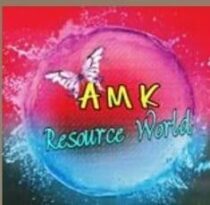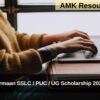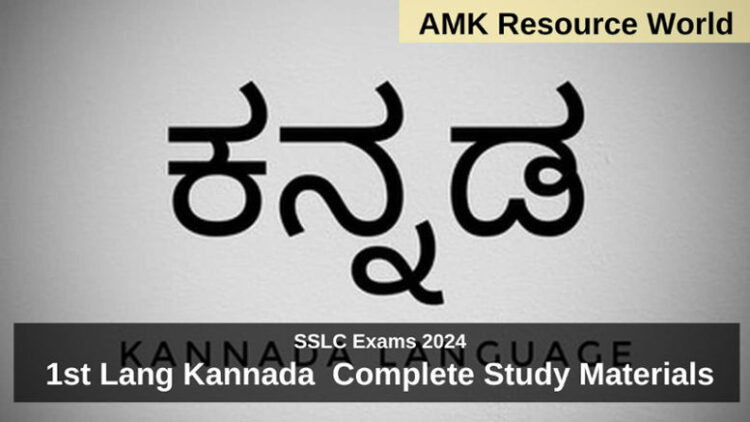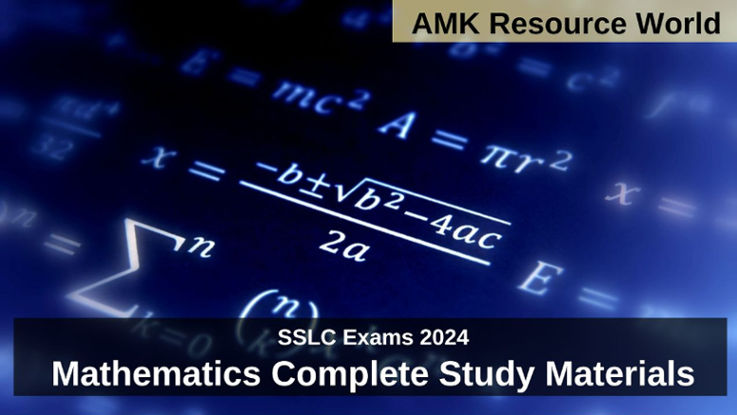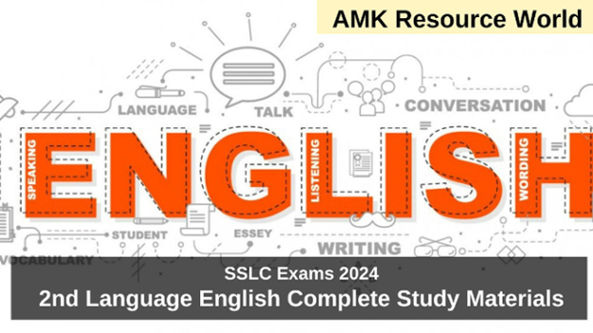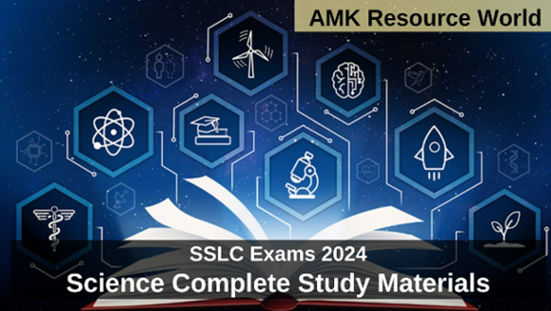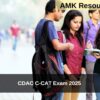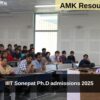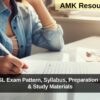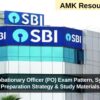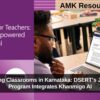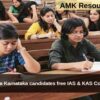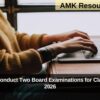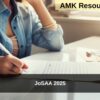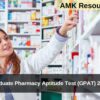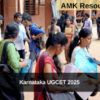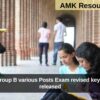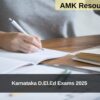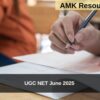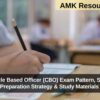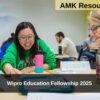| Self Assessment in Shaala Siddhi to be completed by 24th June 2021 |
Karnataka School Quality Assessment and Accreditation Council has directed all the schools to complete self Assessment for the Academic year 2020 – 21 in Shalla Siddhi by 26th June 2021, for more details CLICK HERE
| Last date to fill Self Evaluation Report in Shaala Siddhi not announced |
As official information has not been received from NIEPA about last date for 2020-21 Shala Siddhi program,
Karnataka Secondary Education Examination Board (KSEEB) has informed to upload the details of Self Evaluation Report in the Dashboard till further instruction
| ABOUT SHAALA SIDDHI |
National Programme on School Evaluation and Standards (Shaala Siddhi), It is been initiated by National Institute of Educational Planning and Administration (NIEPA), under the aegis of Union Ministry of Human Resource Development,
A major step towards comprehensive school evaluation as central to improving quality of school education in India, It visualizes ‘School Evaluation’ as the means and ‘School Improvement’ as the goal.
It refers to evaluating the individual school and its performance in a holistic and continuous manner leading to school improvement in an incremental manner.
The major objectives of NPSSE are to develop a technically sound conceptual framework, methodology, instrument, and process of school evaluation to suit the diversity of Indian schools; to develop a critical mass of human resource for adaptation and contextualization of the school evaluation framework and practices across states
A School Evaluation Dashboard e-Samiksha’ has been developed to facilitate each school to provide consolidated evaluation report, including areas prioritized for improvement. The School Evaluation Dashboard is developed both in print and digitized format.
It consist of 7 Domains : Domain 1 : Enabling resources of School: Availability, Adequacy and Usability, Domain 2 : Teaching-learning and Assessment, Domain 3 : Learners’ Progress, Attainment and Development,
Domain 4 : Managing Teacher Performance and Professional Development, Domain 5 : School Leadership and Management, Domain 6 : Inclusion, Health and Safety, Domain 7 : Productive Community Participation
NOTE : School Self Evaluation is open from 12th March 2021 for the academic year 2020 – 21
IMPORTANT DOCUMENTS
| Information Brochure | CLICK HERE |
| A Programme Document | CLICK HERE |
| Framework | CLICK HERE |
| School Evaluation Dash Board | CLICK HERE |
| External Evaluation Dash Board | CLICK HERE |
| Guidelines | CLICK HERE |
| User Manual | CLICK HERE |
PRESENTATIONS
| Domain 1 | CLICK HERE |
| Domain 2 | CLICK HERE |
| Domain 3 | CLICK HERE |
| Domain 4 | CLICK HERE |
| Domain 5 | CLICK HERE |
| Domain 6 | CLICK HERE |
| Domain 7 |
CLICK HERE |
GUIDELINES
| School Evaluation | CLICK HERE |
| External Evaluation | CLICK HERE |
LOGIN
| Create User | CLICK HERE |
| Official Website | CLICK HERE |
KANNADA FORMATS
| User Manual | CLICK HERE |
| Circular 2021 | CLICK HERE |
| Domain Formats | CLICK HERE |
| Offline Formats (KM) | CLICK HERE |
| Offline Formats (EM) | CLICK HERE |
| Presentation | CLICK HERE |
DOMAIN 1
Enabling Resources of School: Availability, Adequacy and Usability
The enabling resources are critical to the effective functioning of the school. Every school requires a variety of resources for its operations– infrastructure, human resources, financial, material, etc. In a school, enabling resources are those resources which facilitate learning in comfortable, safe and stress- free surroundings. The main characteristics of school resources are accessibility and efficiency
DOMAIN 2
Teaching-learning and Assessment
Teaching-learning is a key performance domain and the most important determinant of learner attainment. Effective teaching-learning results from strategic planning and the creation of an optimal learning environment. This entails designing suitable learning experiences and using a variety of teaching-learning strategies that would enhance learning.
DOMAIN 3
Learners’ Progess Attainment and Development
Holistic development of the learner is the primary objective of good schooling. This encompasses development of learners in the cognitive, affective as well as psychomotor domains. The school aims to achieve this by encouraging learners to participate in all curricular areas, continuously monitoring their progress over a period of time.
DOMAIN 4
Managing Teacher Performance and Professional Development
Teacher performance management is the mainstay of quality education. It is a continuous process of identifying teacher potential, and developing their skills, through a systematic approach to performance review and capacity building programmes. It necessitates appropriate induction of newly recruited teachers, orienting them to the school, as well as the learners’ profile and context.
DOMAIN 5
School Leadership and Management
Effective school leadership and management play a significant role in providing quality education. School leadership goes beyond administrative and managerial responsibilities to include proactive practices for school transformation. It includes developing a vision for a school and aligning all planning to it so as to improve the performance of the learners.
DOMAIN 6
Inclusion, Health and Safety
The idea that ‘all children can learn’ forms the underlying basis for ‘universalization’ of education. The RTE Act further lends credibility to this notion that all children can learn irrespective of their gender, caste, socioeconomic background, etc. This necessitates inclusion of children with diverse backgrounds into the ambit of schooling. Inclusion not only means ‘including all’, but also providing equal opportunity to every child, thereby following the principles of equity
DOMAIN 7
Productive Community Participation
The term ‘community’ refers to members of the school management committee, teachers, learners, parents/ guardians, local residents, associated cultural organizations and NGOs. Working together with community members is critical to school development. The school needs the support of the community for achieving its objectives and providing quality education to its learners.
